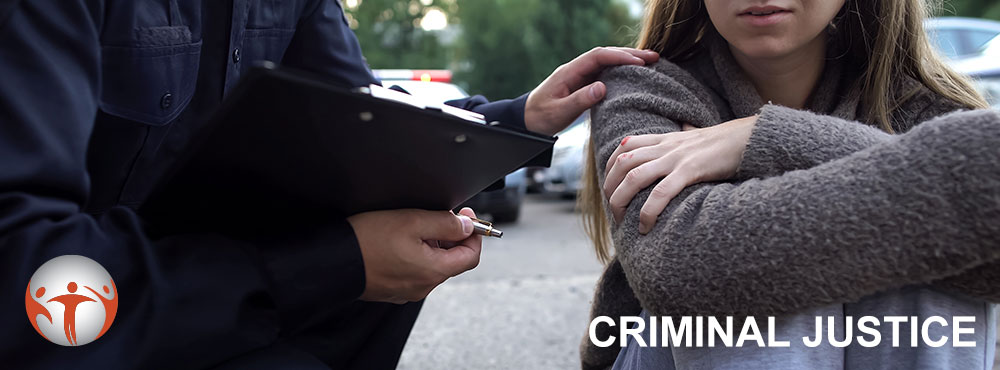Home > Additional Resources Not Funded by SAMHSA

Several organizations, associations, and governmental agencies have begun to address the mental health and substance use disorder needs among individuals involved in the criminal justice system. These resources include technical assistance manuals, diversion interventions, best practices, date reports, and a list of resources that provide a wealth of information about state, federal, and organizational resources for probation and parole officials.
The Americans with Disabilities Act (ADA) Title II Technical Assistance Manual: Covering State and Local Government Programs and Services
The U.S. Department of Justice, Civil Rights Division
The purpose of this technical assistance manual is to present the ADA's requirements for state and local governments in a format that will be useful to the widest possible audience. The guidance provided in the department's regulations and accompanying preambles has been carefully reorganized to provide a focused, systematic description of the ADA's requirements. The manual attempts to avoid an overly legalistic style without sacrificing completeness. In order to promote readability and understanding, the text makes liberal use of questions and answers and illustrations.
American Probation and Parole Association (APPA)
The purpose of APPA is to reduce recidivism and to keep communities safe by strengthening the role of the community corrections industry. This organization offers a host of large trainings, leadership institutes, and additional online trainings for both probation and parole officers. They also host the largest national training for community corrections.
Behavioral Health Diversion Interventions: Moving from Individual Programs to a System-Wide Strategy
Justice Center of the Council of State Governments, October 2019
This resource provides cross-system behavioral health diversion strategies and serves as a guide to collaboration.
Criminal Justice and Behavioral Health Collaborative
The National Council for Behavioral Health
This program provides supports to county jails to ensure better integration back into the community through the provision of behavioral health services.
Confined and Costly: How Supervision Violations are Filling Prisons and Burdening Budgets
Justice Center, The Council of State Governments
This study provides an important snapshot regarding how probation and parole violations increase the rates of incarcerations and costs to states. The violations can include positive drug tests and lack of compliance with appointments. The response is to provide more treatment services for people with mental health and substance use disorders.
Correction Health
Centers for Disease Control and Prevention (CDC)
The CDC has an extensive list of resources titled Correction Health that provide a wealth of information about state, federal, and organizational resources for probation and parole officials.
Examples and Resources to Support Criminal Justice Entities in Compliance with Title II of the Americans with Disabilities Act
The U.S. Department of Justice, Civil Rights Division, January 2017
This resource assists criminal justice entities in ensuring their adherence to Title II of the Americans with Disabilities Act (ADA). The ADA protects individuals with mental health disabilities and intellectual and developmental disabilities from discrimination within the criminal justice system.
Health Coverage for Incarcerated People
HealthCare.gov
This HealthCare.gov website offers information on how to use the marketplace to access healthcare for parolees who are no longer incarcerated.
National Reentry Resource Center (NRRC)
U.S. Department of Justice’s Bureau of Justice Assistance (BJA)
Funded and administered by the BJA, the NRRC is the nation’s primary source of information and guidance in reentry. Working with top researchers and practitioners, the NRRC develops resources and tools that assist jurisdictions in implementing evidence-based, data-driven strategies to reduce recidivism.
Primary and Behavioral Healthcare Integration: Guiding Principles for Workforce Development Integrated Health Care Solution
SAMHSA-HRSA Center for Integrated Health Solutions
Relative to workforce development and retention, this resource provides a framework for behavioral healthcare workforce development and integration of care.